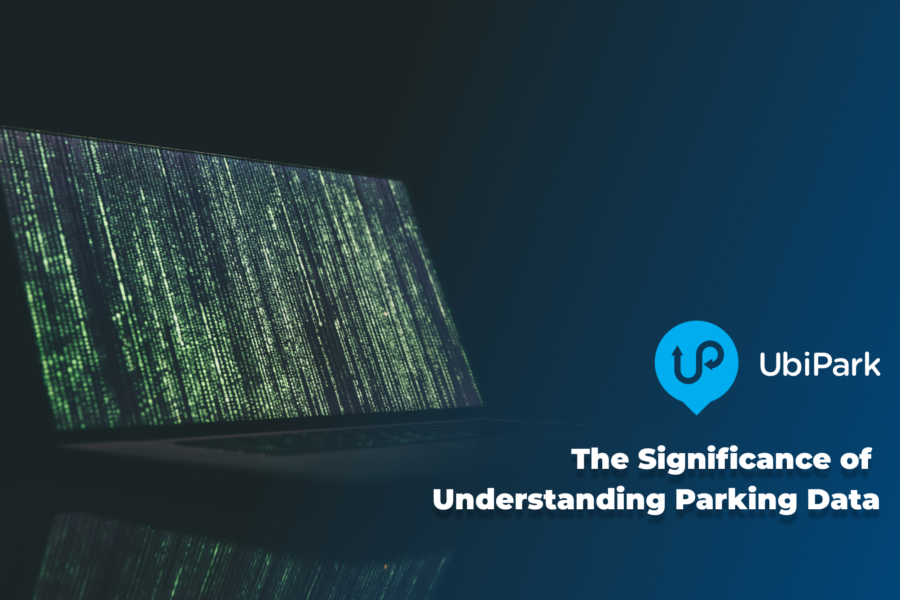The Significance of Understanding Parking Data

May 9, 2024
Whether in commercial enterprises, urban planning endeavours, or property management domains, a comprehensive grasp of parking data yields substantial advantages, ranging from forecasting demand to delineating Key Performance Indicators (KPIs).
Forecasting Demand:
Parking data serves as a pivotal tool for predicting future demand patterns. By scrutinising historical parking data, operators, asset owners and councils can discern recurring trends and patterns in parking utilisation.
For example, operators may observe heightened parking occupancy during weekends or festive seasons, enabling them to proactively allocate resources to meet anticipated driver influxes. Similarly, urban planners can leverage parking data to judiciously allocate infrastructure investments, ensuring that parking facilities align with the evolving needs of residents and visitors while optimising resource allocation.
Resource Optimisation:
Comprehending parking data facilitates the allocation of resources. Through meticulous analysis of utilisation rates and peak periods, entities can adeptly manage staffing levels, ensuring optimal operational support during periods of heightened demand while minimising expenditure during lulls.
Furthermore, municipalities can deploy parking data to enact dynamic pricing mechanisms, adjusting parking fees based on demand fluctuations to optimise revenue generation while promoting efficient utilisation of parking infrastructure.
Enhancing Customer Experience:
Parking availability significantly influences the overall customer experience. Prolonged wait times and limited parking options can deter customers, translating into lost business opportunities. By harnessing parking data, enterprises can implement strategies to enhance the customer journey, such as offering reserved parking for premium clientele or disseminating real-time parking availability updates via digital platforms.
Additionally, a nuanced understanding of parking patterns facilitates the identification of congestion hotspots, enabling entities to implement measures to alleviate traffic bottlenecks and enhance overall customer satisfaction.
Setting KPIs:
Key Performance Indicators (KPIs) serve as indispensable metrics for evaluating organisational performance. Parking data furnishes pertinent insights for establishing and monitoring relevant KPIs. For instance, enterprises may define KPIs about parking turnover rates or average parking duration to gauge the efficacy of parking operations. Similarly, municipalities can track KPIs like parking occupancy rates and revenue per parking space to assess the efficacy of parking management strategies and identify avenues for refinement.
Informing Strategic Decision-Making:
Ultimately, a comprehensive understanding of parking data empowers entities to make informed strategic decisions. Whether contemplating the expansion of parking infrastructure, fine-tuning pricing strategies, or integrating advanced technologies such as smart parking systems, data-driven insights play a pivotal role in prioritising investments and initiatives aligned with overarching objectives. By embracing data-centric approaches to parking management, entities can unlock opportunities for operational efficiency, customer satisfaction enhancement, and sustainable urban development.
Understand your parking data with UbiPark
UbiPark has recently partnered with SpecifAi to make these data objectives, and many others, possible. Contact us today to find out more about how you can embrace data-driven insights to stay ahead of competitors and improve your parking operations.




